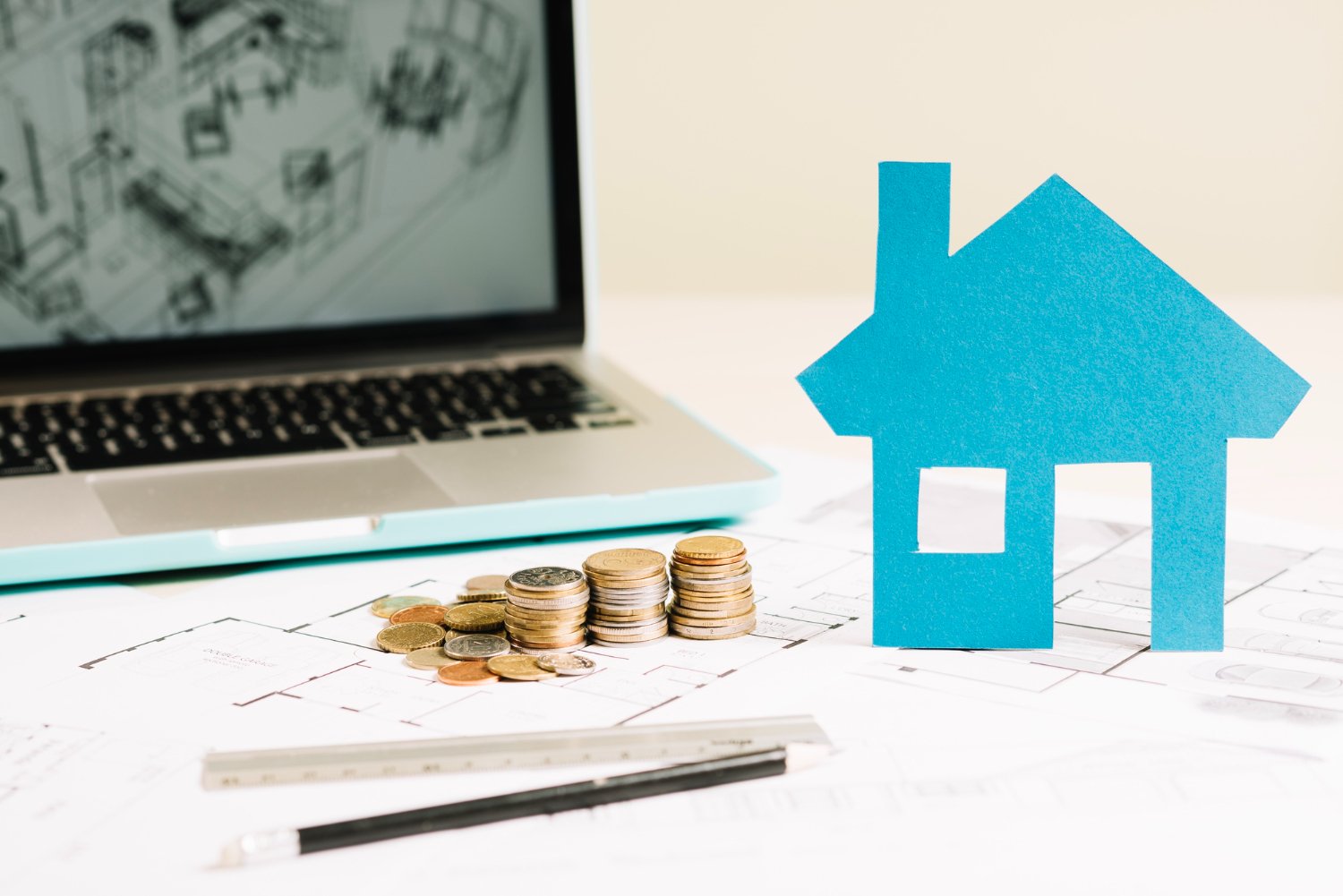Why Pricing a Home Is More Than Just Numbers
When it comes to selling a home, the price you set isn’t only about square footage, upgrades, or location—it’s also about psychology. The right price can attract competitive offers, while the wrong one can scare away potential buyers. And often, pricing decisions are a tug-of-war between emotions and strategy.
The Emotional Side of Pricing
Homeowners often have deep emotional attachments to their property. Maybe it’s where they raised their children, hosted holidays, or invested time and money into renovations. These connections can influence pricing in ways that don’t always match market realities. Common emotional pricing pitfalls include:
- Overvaluing memories – Assigning extra worth to sentimental value rather than actual market demand.
- Recouping every dollar spent – Expecting buyers to pay for every improvement, regardless of its ROI.
- Fear of leaving money on the table – Pricing too high just in case someone is willing to pay more.
While emotions are natural, they can lead to overpricing, which results in fewer showings, longer days on market, and lower final offers.
The Strategic Side of Pricing
Strategic pricing, on the other hand, is data-driven and buyer-focused. This approach looks at:
- Comparative Market Analysis (CMA) – Reviewing recent sales of similar homes in the area.
- Current Market Trends – Analyzing buyer demand, interest rates, and seasonal factors.
- Psychological Pricing – Setting prices just below key thresholds (e.g., $499,900 instead of $500,000) to appear more competitive in online searches.
- Positioning for Multiple Offers – Sometimes pricing slightly below market value can spark bidding wars.
This method removes guesswork and focuses on attracting the largest pool of qualified buyers.
How Buyers Think About Price
Buyers don’t just see a number—they compare it to perceived value. They ask themselves:
- Does this home offer more than others at the same price?
- Is it move-in ready, or will I need to spend on repairs?
- Does it “feel” worth it compared to my budget?
If a home is priced strategically, it sends a signal that it’s a good deal, encouraging faster decisions and stronger offers.
Finding the Right Balance
The most successful sales come from blending emotion with strategy. Sellers should acknowledge their personal attachment but lean on market data to guide decisions. Working with a skilled real estate professional ensures:
- Your home is priced to sell without leaving money on the table.
- You attract the right buyers quickly.
- You stay competitive even in shifting markets.
The Bottom Line
Pricing your home is part art, part science—and understanding both the emotional and strategic sides can help you get the best results. In today’s market, buyers are savvy, and sellers who price smartly position themselves for a faster, more profitable sale.
If you’re thinking about selling, let’s talk about the best pricing strategy for your home—backed by both market insight and proven results.



